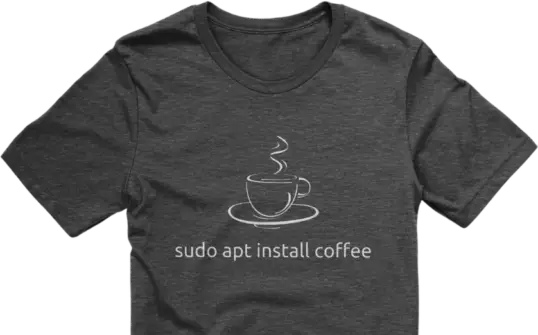Debian 11 was released in August of 2021, and in this video, I give it a review. The new “Bullseye” release is definitely a welcome upgrade, but some old habits keep it from perfection. In this review, I’ll talk about what I like about the new release, as well as some of the rough edges.


